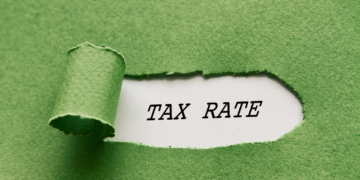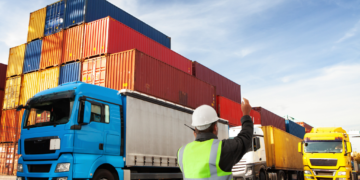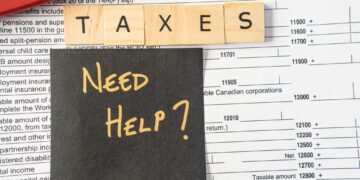Answer Summary
Referring to several articles regulated in PMK-80/2012, VAT is not imposed on public transportation services on land and at sea. VAT will not be charged for all vehicles that have obtained a permit as a Public Transport Vehicle which is marked by the use of a vehicle number sign with a yellow base and black writing.
There are no special categories or criteria for KLU to obtain VAT exemption facilities. As long as the vehicle has yellow plates and meets the provisions of PMK-80/2012 as discussed above, the public transportation service will not be subject to VAT. Except, if trains or water vehicles for public transportation services are obtained by renting or chartering, VAT will still be payable on the public transportation services because they are included in Taxable Services. VAT on JKP payable is 11% of the tax base, namely payments for public transportation services provided.
Complete Discussion
Thank you Mr Handana for your question. First, we need to first understand the provisions regarding public transportation services that are not subject to VAT. As regulated in Article of Minister of Finance Regulation Number 80/PMK.03/2012 concerning Public Transport Services on Land and Public Transport Services on Water which are Not Subject to Value Added Tax (PMK-80/2012), VAT is not charged on public transport services on land and at sea. Public transportation itself is defined as motorized vehicles used for the transportation of people and/or goods which are provided to the public for a fee whether on a route or not on a route, using vehicle number signs with a yellow base and black writing.
Public transportation services on land which are included in public transportation services that are not subject to VAT include public transportation services on roads and trains. Public transportation services on the road are activities of moving people and/or goods from one place to another using public transportation vehicles in road traffic, for a fee. Meanwhile, rail public transportation services are the activity of moving people and/or goods from one place to another using trains, for a fee. However, public rail transportation services that use rented or chartered trains will still be subject to VAT as regulated in Article 3 paragraph (4) PMK-80/2012.
“Article 3
(3) Railway public transportation services as referred to in paragraph (1) letter b are the activity of moving people and/or goods from one place to another using a train, for a fee.
(4) Not included in the definition of public railway transportation services as referred to in paragraph (3) are transportation services using trains that are rented or chartered.”
– Article 3 paragraph (3) and paragraph (4) PMK-80/2012
Furthermore, what is meant by public transportation services on water includes public transportation services on the sea, public transportation services on rivers or lakes, and public transportation services across. The definition of each public transportation service on water is regulated in Article 4 PMK-80/2012 as follows:
a) Public transportation services at sea are the activity of moving people and/or goods from one place to another using a ship, in 1 trip or more than 1 trip, from one port to another port, for a fee.
b) Public transportation services on rivers and lakes are the activity of moving people and/or goods from one place to another using a boat, carried out on rivers, lakes, reservoirs, swamps, flooded canals, or canals, for a fee.
c) Ferry public transportation services are the activity of moving people and/or goods from one place to another using a ship, which functions as a bridge connecting the road network and/or railway network separated by water, for a fee.
For public transportation services on water using rented or chartered vessels, VAT will still be subject to VAT as regulated in Article 5 PMK-80/2012.
“Article 5
“Not included in the definition of public transportation services on water as intended in Article 4 are transportation services using rented or chartered vessels.”
– Article 5 PMK-80/2012
Thus, it can be concluded that VAT will not be charged for all vehicles that have obtained permits as Public Transport Vehicles which are marked by the use of vehicle number signs with a yellow base and black writing. There are no special categories or criteria for KLU to obtain VAT exemption facilities. As long as the vehicle has yellow plates and meets the provisions of PMK-80/2012 as discussed above, the public transportation service will not be subject to VAT. Except, if trains or water vehicles for public transportation services are obtained by renting or chartering, VAT will still be payable on the public transportation services because they are included in Taxable Services. VAT on JKP payable is 11% of the tax base, namely payments for public transport services provided.














